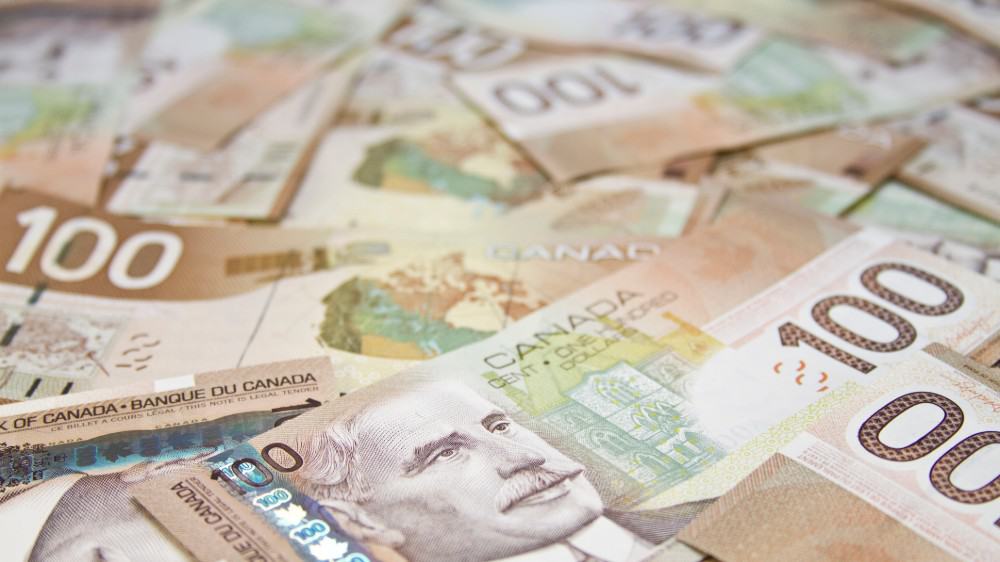Are you a CERB recipient about to run out of benefits?
If so, you’re not alone. After the final extension of CERB benefits to 24 weeks, the program is set to wind down. Most people who got on the CERB early will run through all of their eligibility periods soon, potentially before the final payment period ends on September 26. If you’re in this boat, you’re right to be concerned, particularly if you haven’t gotten your job back yet, it’s a scary situation to be in. Fortunately, there are still three remaining government benefits that have you covered. Here they are in no particular order.
Employment insurance (EI)
EI is the most obvious benefit you can get after the CERB runs out. If you’re eligible for EI, you can apply for it and will likely receive it. It may not pay as much as the CERB, but it’s something.
This year, you may be able to get EI even if you normally wouldn’t be eligible. Justin Trudeau recently said that there will be a transitional form of EI available for former CERB recipients. Details haven’t been announced yet, but it’s something to look out for.
GST/HST credits
GST/HST credits are another CRA benefit you can still get in 2020. It’s based on taxable income. If your income in 2018 was below a certain threshold, you can get these payments. If you have yet to file your taxes for 2018, you might want to do so now. Doing so could trigger not only four quarterly credits, but also a one-time payment worth up to $443.
TFSA tax savings
Finally, we have the Tax-Free Savings Account (TFSA). The TFSA is a tax-free account that lets you hold investments without paying taxes on them. While that may not sound as good as a direct cash transfer, it has the same effect. If you hold investments and realize a gain on them, you normally have to pay taxes on the gain. With a TFSA, you don’t. That means more income that you can take home tax-free.
To illustrate the tax-saving benefits of the TFSA, let’s imagine that you held $50,000 worth of the iShares S&P/TSX 60 Index Fund (TSX:XIU) inside one. XIU is an ETF that, according to the fund’s sponsor Blackrock, has a yield of 3.3%. That means the ETF pays you $1,650 in dividends each year on every $50,000 invested.
Inside of a TFSA, those dividends wouldn’t be taxable — outside of one, they would be. The same is true with capital gains. If you realized a $10,000 capital gain on your XIU shares, you’d normally have to pay a tax on half of it ($5,000). The tax exemption on half a capital gain is a nice savings in itself, but it’s nothing compared to TFSA tax savings.
So if you’re in a position where you have no employment income, but some savings, consider investing in a TFSA. It’s one way to make sure you can bring in more money tax-free.










